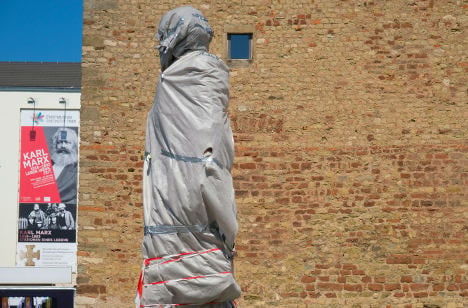Following the revelations of suspected wrongdoing at Xeratech, one of the companies receiving investment from Sweden’s Sixth AP Fund, the company’s two founders have been fired and gone underground.
Sixth AP Fund spokesperson Ulf Lindqvist refused to say how much of Swedes’ pension savings may have been lost in the affair.
“We’re not going to make that public, other than to say that it threatens the company’s existence,” he told the TT news agency.
According to Lindqvist, suspicions that all was not right with Xeratech began to crop up during the autumn.
“What started with questions about the balance sheets later grew and we never got answers to our questions,” he explained.
“The pattern didn’t appear until later. We allege that this was a systematic set-up by the founders.”
Linqvist also directed blame back at Sixth AP Fund for how it handled the appointment of Xeratech’s CEO.
Since 2008, the post has been held by Åsa Rödén, who happens to be the girlfriend of Sixth AP Fund CEO Erling Gustafsson.
She had previously helped in the valuation of Xeratech and was suggested as CEO by the company’s founders.
“In hindsight all we can say is that it was stupid and wrong. There should only be a strict business relationship,” said Lindqvist.
Xeratech manages information and provides solutions for processing digital documents.
Now, the company’s existence is in jeopardy, according to the pension fund.
The company has around 80 employees, a turnover of 200 million kronor, with offices in Stockholm and Karlstad in western Sweden.


 Please whitelist us to continue reading.
Please whitelist us to continue reading.
Member comments